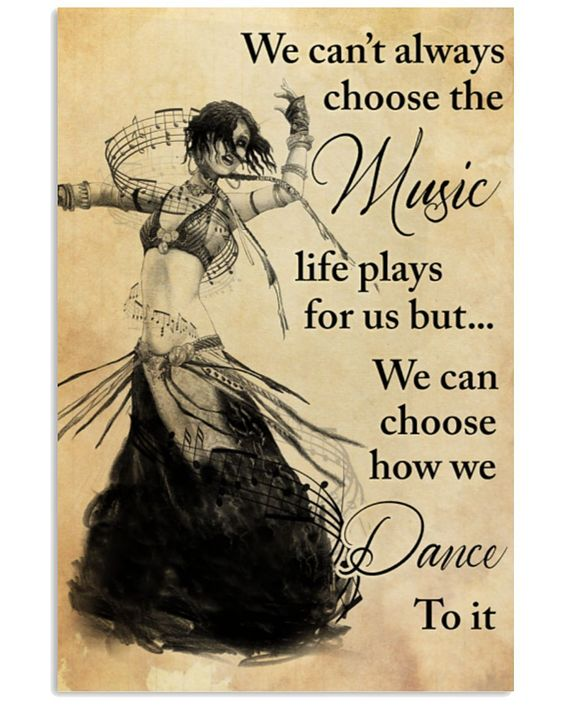A flower seed,
buried in the ground, a butterfly in its chrysalis, a human child in its mother’s womb — each form undergoes a significant transformation while growing.
For most people, adjusting to a new form of life or a new way of living often comes with feelings of discomfort.
Just as we experience physical growth spurts, which are akin to “growing pains,” stepping out of our comfort zones can be equally challenging.
During childhood, we may not recognize these processes as integral parts of life, leading us to experience suffering more or less, depending on the way our caretakers respond to us.
As we mature, many of us hold and keep the belief or hope that recovery from discomfort, pain, and illness is possible. Sometimes it is, but not always.
When we still suffer, like we did as a child, we haven’t learn yet that these experiences belong to life, to living, to growth.
Health doesn’t equal an absence of illness or pain, as so often is shared as a definition.
Health is a continuous process of birth and death, happening every second and every minute of our lives.
Therefore, everyone could suffer from being alive, because we all will experience illnesses, pain or discomfort. But this is not the reality.
Therefore, suffering does not depend on what happens to us but on how we interpret our experiences individually.
And this has a lot to do with how we reinforce the idea of suffering from the ups and downs of life or not.

What role does language play in this?
Not knowing if this is true, but reflecting on my experiences, I’ve come to realize that language plays a significant role in perpetuating suffering.
As soon as I started to use words, being around 1 year old, something changed in the way my parents reacted and responded to me.
This phenomenon continued with every new word I learned, and it simultaneously enlarged the distance between what was born and what I became: a talking head.
Still recognizing this when I am wording my actual experiences and understanding that verbalizing is an abstraction of vivid and past happenings, using cognitive and intellectual aspects of the mind. As language became an integral part of the communication with my parents and the world around me, it began to disconnect me from my feelings, emotions, and memories.
This exclusion even became so extreme that I didn’t notice my body developed arthrosis until the pain prevented me from activities like walking and biking.
Therefore
Language is a very limited expression to describe our experiences. No matter if we talk out loud or to ourselves. However, when consciously used, it also can help us to organize our unconscious patterns to change into more useful and healthy ones.
Phrases like “I am ill,” “I have pain,” or “I’m traumatized” are common ways of speaking about painfull experiences.
And, we can question these kind of identifications with what we experience, like:
Are we ill, or do we simply experience an illness?
Do we have pain or do we experience pain?
Are we hurt by something the others does or say, or does it refer to something that still triggers a memory of an old traumatic or painfull moment. A memory of a wound, so to speak, which isn’t healed yet?
With what do we identify ourselves when discomfort, pain or illness arises?
In summary,
the words we use to describe or talk about our momentary experience can reinforce the unconcious programs we had as a child. A child that was depending on its caretakers and didn’t know the difference between being aware of an experience and the experience itself?
Or do we dare to question ourselves, our old interpretations and believes to find doors to new ways of relating to what happens in our lives.
Giving us the choice to reset our unconscious patterns and habits.
I once believed that we gain wisdom through suffering. However, growing older, it became clear that it is not through suffering that we become wiser.
We do not gain wisdom by ignoring reality, distracting ourselves, or battling our discomfort. Nor by wanting what is not given to us or not wanting what lifes gives.
Wisdom arises from exploring how to be present with our experiences. Change is only possible when we start with accepting reality as it is.
And this we can practice, every day again, by kindly confront the old patterns or “dust” that keeps us trapped in the mindset of a victim.
It involves surrendering to life, embracing reality, and learning, changing, and growing while travelling our path.
“God, grant me the serenity to accept the things I cannot change,
the courage to change the things I can,
and the wisdom to know the difference.”
Inspired by its original author Reinhold Niebuhr